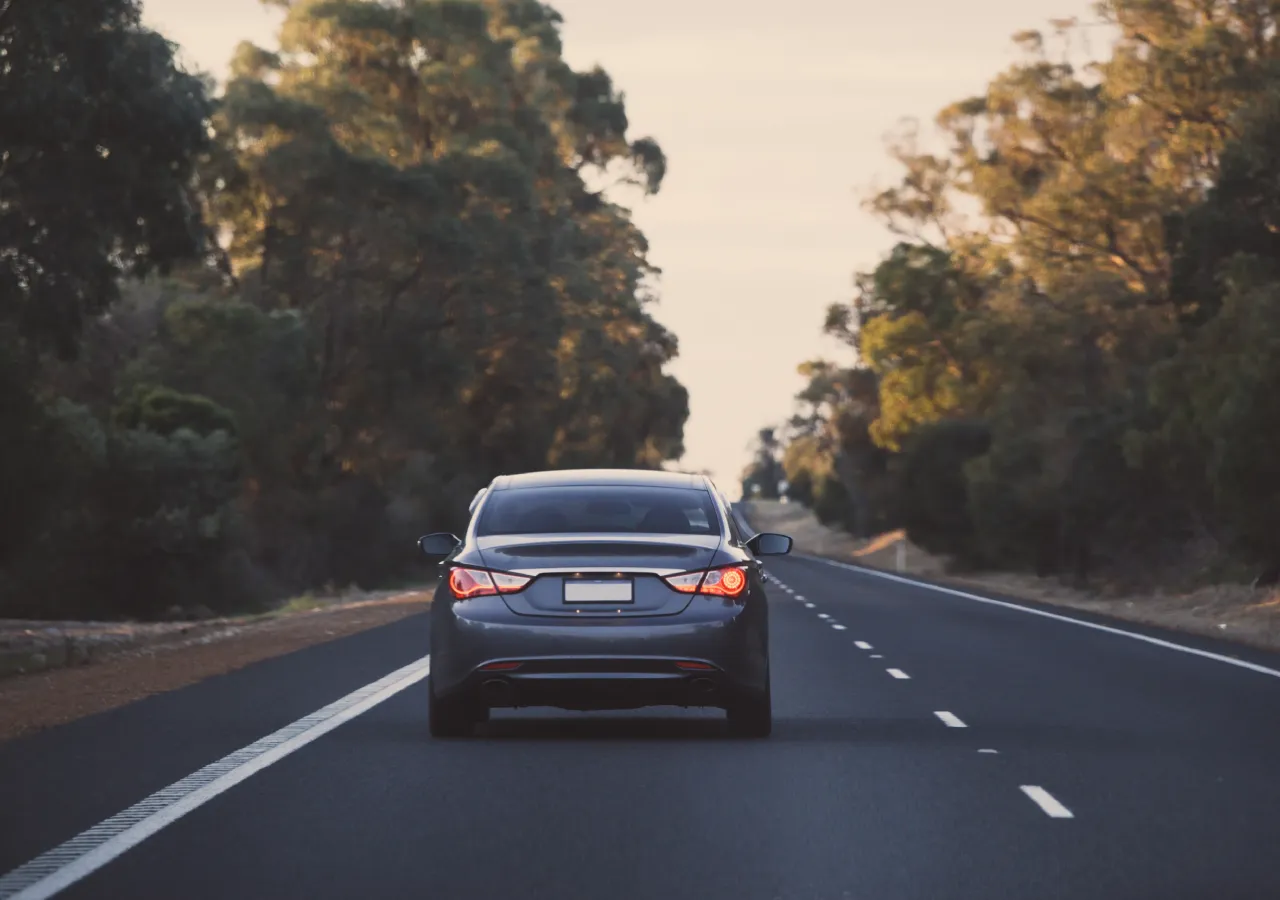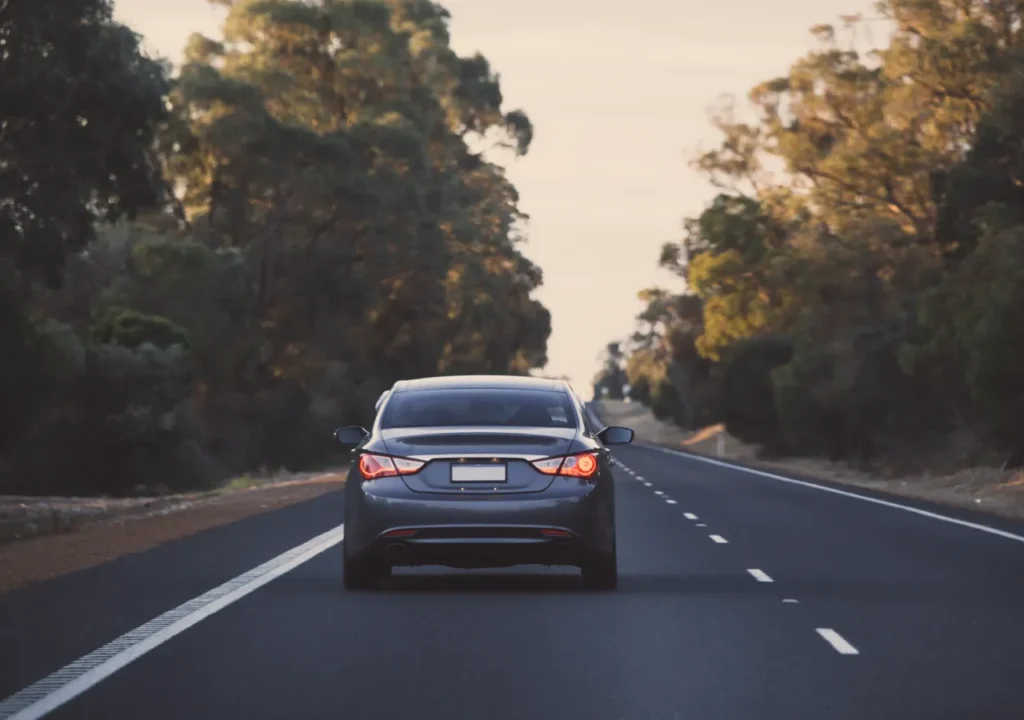Address
Macarthur Square, WOTSO, Level 2, Shop L080/200 Gilchrist Dr, Campbelltown NSW 2560, Australia
Work Hours
Monday to Friday: 9AM - 5PM
Weekend: Closed


Traffic laws in NSW govern the conduct of road users, including drivers, riders, pedestrians, and cyclists, with the primary goals of ensuring road safety, preventing accidents, and facilitating efficient traffic flow.
Adhering to these laws is crucial for collective responsibility and the well-being of all road users. By following regulations like speed limits, signalling, and yielding, individuals contribute to accident prevention and enhance overall road efficiency, fostering a safer and more organised transportation network.
In essence, the significance of adhering to traffic rules lies in creating a smoother and safer experience for all participants on the road.
Traffic offences span violations involving various road transport devices, from motor vehicles to bicycles and animals like horses. These include disobeying road rules, such as unlicensed driving, drunk or drug driving, speeding, and reckless behaviour. Compliance with these rules is critical for both road safety and legal adherence.
Major traffic offences, such as DUI and reckless driving, pose significant risks, resulting in substantial fines, license suspension, or legal action. Conversely, less severe minor crimes contribute to safety concerns, including issues like failing to signal or minor parking violations. Despite milder penalties, addressing these infractions is essential for overall road order.
Distinguishing between major and minor traffic offences guides law enforcement in prioritising efforts toward severe violations, maintaining a culture of responsible driving, and ensuring a safe traffic environment. Both major and minor crimes collectively uphold a structured and secure road system.
Speeding, a significant and hazardous offence in NSW, contributes to over 40% of road fatalities. It entails surpassing speed limit, with defaults of 50km/h in urban and 100km/h in rural areas.
Enforcement involves penalty notices from SDRO or court proceedings by NSW Police, leading to fines, demerit points, license consequences, and even imprisonment. Penalties for Class A vehicles include:
If law enforcement suspects impaired driving due to Blood Alcohol Concentration (BAC), charges may follow. A BAC of 0.15% or higher is deemed proof of influence, but police can establish impairment without exceeding 0.15%.
Charges for driving under the influence carry severe consequences compared to general alcohol limit breaches.
First Offenses:
Second Or Subsequent Offenses:
Driving while using a mobile phone is expressly forbidden by Regulation 300 of the Road Rules 2014.
The definition of “use” encompasses various actions, including holding, entering items, touching, turning on/off, or operating any phone function. Any physical interaction falls under the prohibited “use,” extending beyond communication activities.
Penalties depend on license type, double demerit points, school zones, and case resolution. All license holders face a fine and five demerit points, surpassing the allocation for Learner and Provisional one licenses.
Mobile phone offences incur ten demerit points in double demerit points, exceeding the limit for Learner and Provisional license holders.
Children under seven must use an approved child restraint in vehicles, including forward or rear-facing seats and booster seats, meeting AS/NZS 1754 standards.
The driver is responsible for appropriately securing children under seven based on age and size. Specific recommendations include:
For children over seven not yet tall enough for a seatbelt, an approved booster seat or harness is advised, with a minimum height of 145cm.
Penalties and fines:
In case of a traffic accident, drivers must stop, exchange information, and provide assistance, including reporting to the police if necessary.
Failing to meet these obligations, especially in hit-and-run incidents, can lead to severe consequences such as criminal charges, fines, imprisonment, license suspension, financial penalties, civil liability, insurance complications, and felony charges in severe injuries or fatalities.
Understanding and complying with these legal duties is crucial to mitigate potential repercussions following a traffic accident.
A driver starts with zero demerit points and accrues points for offences, leading to suspension if the threshold is reached within three years. Demerit points reset when upgrading from a learner to a provisional license, but don’t reset for other upgrades.
Exceeding the limit results in having your licence suspended, with provisional and learner license holders facing a 3-month suspension period. Unrestricted license holders have varying suspension periods based on accumulated points:
Unrestricted license holders may choose a 12-month good behaviour period, but two or more demerit points during it double the suspension.
Learners or P1 provisional license holders face a 3-month suspension for any speeding offence, with additional periods for excessive speed, and driving without proper supervision may lead to immediate license confiscation or police suspension.
When facing a traffic offence charge, following specific steps to navigate the legal process is crucial.
First and foremost, seeking legal advice and representation is of paramount importance. Consulting with an experienced attorney helps understand the specific charges, potential consequences, and available defence strategies.
Legal experts can navigate individuals through legal procedures, safeguarding their rights and advocating for optimal outcomes. Whether collecting evidence or constructing a robust defence, these professionals play a crucial role in protecting individuals facing traffic offence charges, underscoring the importance of seeking expert advice and representation during legal challenges.
Ensuring safe and lawful driving involves adhering to essential tips that contribute to road safety. Driver education and awareness play a pivotal role in promoting responsible driving behaviour.
Staying informed about traffic laws, road signs, and regulations is fundamental. Additionally, cultivating awareness of the surrounding environment, practising defensive driving techniques, and staying focused on the road are critical aspects of safe driving.
Understanding the role of driver education in imparting these skills and fostering awareness emphasises the importance of ongoing learning for all drivers.
By prioritising safe and lawful driving practices through education and awareness, individuals contribute to creating a safer and more secure driving environment for themselves and others on the road.
From 1 December 2021, the penalties for low-range drink driving offences have increased. Low-range drunk driving is defined as having a blood alcohol concentration (BAC) of 0.05 to 0.079.
The new penalties include a fine of $694, three demerit points, an immediate three-month licence suspension for a first offence, a fine of $1,742, six demerit points, and an immediate six-month licence suspension for a second or subsequent offence1.
From 26 September 2021, the 40km/h speed limit around emergency vehicles has been expanded to apply to all roads, not just those with 80km/h or less speed limit. The rule requires drivers to slow down to 40km/h when passing stationary or slow-moving emergency vehicles displaying blue or red flashing lights.
The regulation also mandates drivers to yield to any pedestrian in the immediate vicinity of the emergency vehicle. The penalties for not complying with the rule include a fine of $457 and three demerit points.
In New South Wales (NSW), critical points about traffic offences involve accumulating demerit points, potential license suspension or refusal based on set thresholds, and specific suspension periods for different license types. Learners and provisional license holders face additional consequences for speeding fines. Seeking legal advice is crucial when charged with a traffic offence.
Promoting road safety and adherence to laws hinges on ongoing driver education. This includes understanding and following traffic laws, staying aware of surroundings, and practising defensive driving techniques. By emphasising the importance of safe and lawful driving practices, individuals create a secure road environment for themselves and others.
Here are some links to NSW government resources on traffic laws and contact information for legal assistance:
NSW government resources on traffic laws:
Contact information for legal assistance:
Legal Aid NSW provides legal services to disadvantaged clients across NSW in most criminal, family and civil law areas. You can call 1300 888 529 to book an appointment for free legal advice or visit their website to find a Legal Aid office near you.
 Eleni Overell who has considerable experience in Driving Offences and Traffic Law is based in Campbelltown and serves the Macarthur and surrounding areas. Holding a Bachelor of Laws from Western Sydney University, her legal expertise spans Property Law, Criminal Law, and more. A member of the Law Society of New South Wales, Eleni also actively contributes to the community through her role on the NSW Legal Aid Panel. Call Eleni for a free consultation about traffic offences in NSW or any other legal matter. 02 9605 7113
Eleni Overell who has considerable experience in Driving Offences and Traffic Law is based in Campbelltown and serves the Macarthur and surrounding areas. Holding a Bachelor of Laws from Western Sydney University, her legal expertise spans Property Law, Criminal Law, and more. A member of the Law Society of New South Wales, Eleni also actively contributes to the community through her role on the NSW Legal Aid Panel. Call Eleni for a free consultation about traffic offences in NSW or any other legal matter. 02 9605 7113
The articles and content provided on this website are for general informational purposes only. They do not constitute legal advice or legal opinion.
For more information click here.
